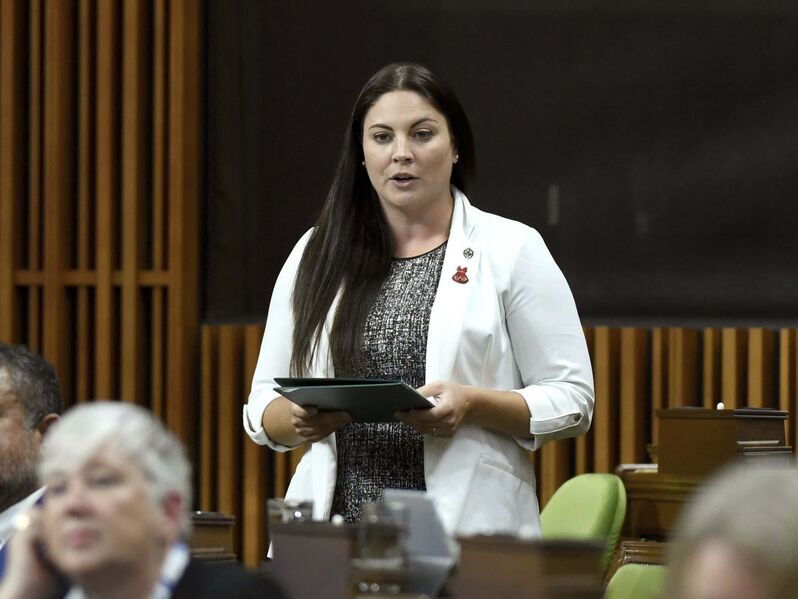Continued reports of internal fractiousness will not help the party grow beyond its current minor party status.
This conflict highlighted divisions in the party over the ongoing Israel-Palestine conflict, as well as tension between Paul and members of the Green caucus.
While it appeared Paul would try to protect her adviser, the party’s executive committee nevertheless voted not to renew Zatzman’s contract.
The design of this system, in which each constituency elects the candidate with the highest number of votes, benefits big established parties which are typically competitive and can win in ridings across the country.
But minor parties such as the Greens can be well regarded and receive a respectable number of votes in each constituency, yet still end up with snake eyes in terms of parliamentary representation if their votes are diluted across the country and they can’t maximize their votes in any one seat.
The one exception to this rule for minor parties is those with strong regional bases of support, such as the Bloc Quebecois, which runs candidates only in Quebec, or the Reform Party of years past, which was strong in Western Canada.
The party boosted its seat share to two from Vancouver Island in the 2019 election as a result of this strategy, and picked up Atwin’s surprise seat in Fredericton, N.B.
And the party leader is in a stronger position if the scuttlebutt is that he or she will likely soon become the prime minister, with all the power to bestow favours that comes with the position.
But, in small parties such as the Green party, there is no chance of electoral victory in the near future, so none of this applies.
Throughout the 20th century with few exceptions, the Liberal party remained largely cohesive both in and out of office.
Meanwhile, the Tories spent long periods on the opposition benches, essentially tearing themselves apart, which in turn made it even more difficult for them to win in subsequent elections.
